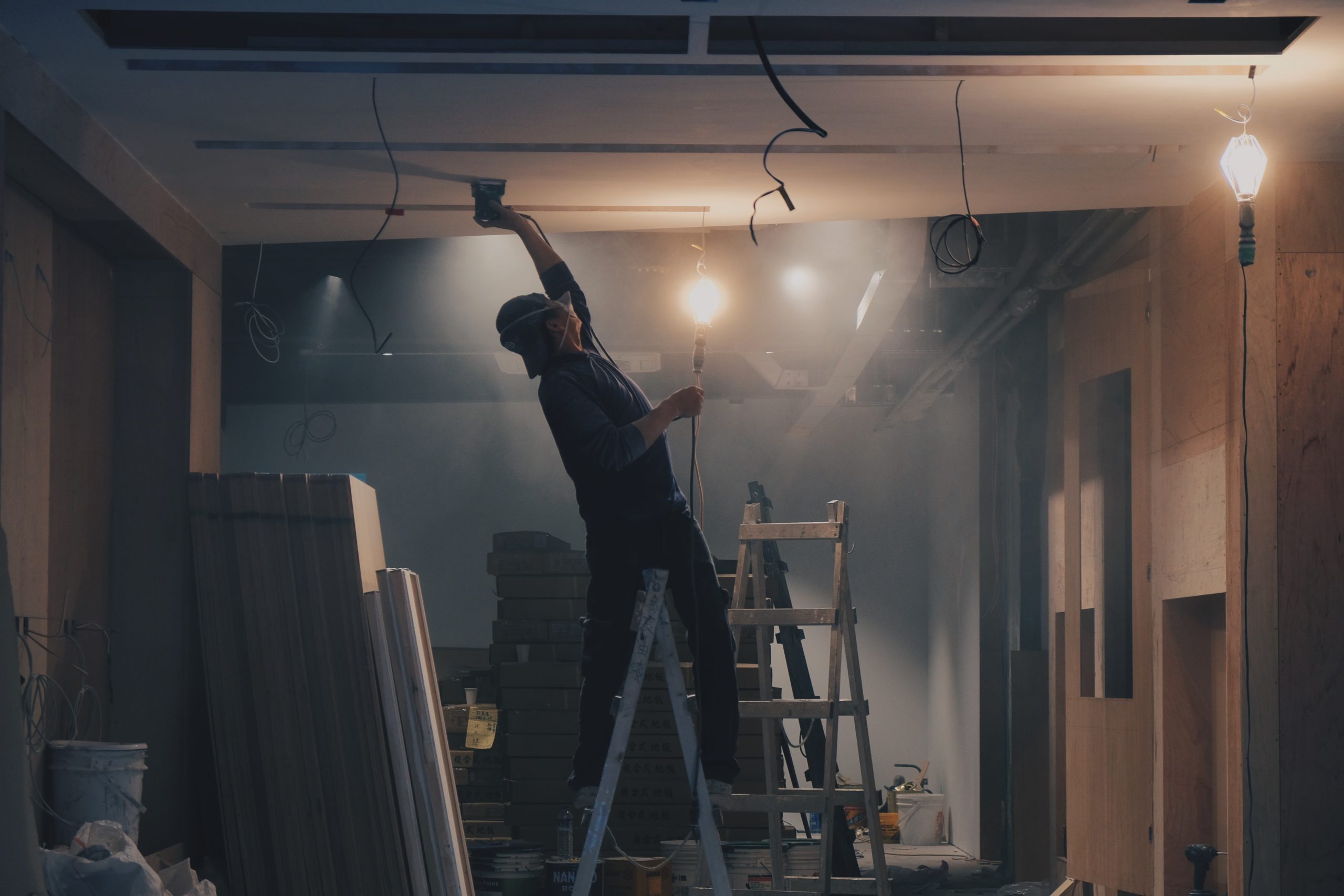
French materials producer Saint-Gobain has begun production of zero-carbon plasterboard at its modernised plant in Fredrikstad, southeast Norway.
The company says its decarbonisation of the manufacturing process was made possible by switching from natural gas to hydroelectric power, thus avoiding 23,000 tons of carbon dioxide emissions a year.
Energy is also saved by improved heat recovery and a more efficient manufacturing process, which has reduced energy use at the site by 30% and increased capacity 40%.
According to Saint-Gobain, this will enable it to launch a full range of plasterboard products with “the lowest carbon footprint on the market in 2023”.
The modernisation process cost €25m, included a €7m subsidy from Norwegian state enterprise Enova.
The company commented: “This initiative is a clear manifestation of Saint-Gobain’s commitment to reduce its [carbon] emissions by 33% by 2030 compared to 2017, with a commitment to becoming carbon neutral by 2050.”
Saint-Gobain was founded during the reign of Louis XIV and made the glass in the Palace of Versailles’ Hall of Mirrors. It now has global sales of around €51bn and has 168,000 employees in 75 countries.
Further reading:






